12 Best Foods For Building Strong Bones And Muscles
Simple diet modifications to help you achieve that robust and sculpted look in and out.

Image: Shutterstock
Including foods for healthy bones in your daily diet can prevent bone-related ailments and save you from medical bills. Aging can impact bone strength. An unhealthy diet and genetics may aggravate the condition and cause brittle bones. As per an estimate, over 8.9 million fractures occur every year because of brittle bones (1). Women’s bone densityi It refers to the amount of minerals in the bones essential to prevent them from becoming weak and brittle, such as calcium and potassium. usually diminishes from the age of 30, making them prone to fractures, premature aging, and falls.
Including foods rich in calcium and Vitamin D is one of the best and most effective ways to boost your bone health, as per the NHS (2), (3).Have a look at the 12 foods that can improve your bone health and combat osteoporosis. Keep reading.
In This Article
12 Bone Strengthening Foods
Understanding the benefits of healthy food helps you make conscious choices about what to include in your diet. Following a balanced diet rich in nutrients like calcium, vitamin D, and protein promotes strong bones and muscles. Here are the best foods that can help strengthen your bones:
1. Yogurt
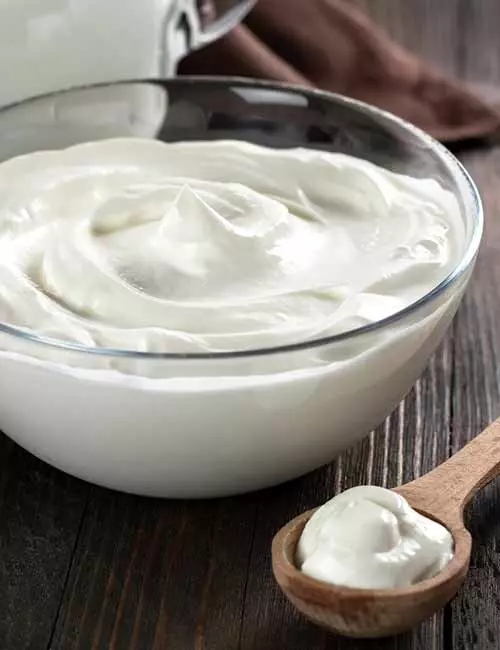
Yogurt is a good source of probiotics, calcium, potassium, and vitamins D, A, and folate. Scientists have found that consuming yogurt on a daily basis can help prevent fractures (1). If you have weak bones, it is best to consume yogurt fortified with calcium.
How Much To Consume
Consume about three servings of yogurt per day. You can add it to your smoothies or breakfast bowl, make salad dressings, or add it to fruit salads.
Katie, a blogger, faced a dodgeball injury that led to a fracture in her left hand, leading to a diagnosis of osteopenia. In her blog, she outlined her commitment to maintaining healthy bones through dietary changes, including increased calcium intake and vitamin D from sources like yogurt, almond milk, and exposure to sunlight. She writes, “One of my big fat calcium pills is about 60% of my daily recommended intake. I have actually switched to a multivitamin that has 500mg, but it has all the iron and other vitamins I need as well(i).”

2. Milk
Milk is another primary source of calcium, phosphorus, potassium, and vitamins A and D
(2). You can keep your bones strong by consuming cow milk. You can also drink milk that’s fortified with calcium and vitamin D. However, avoid it if you suffer from lactose intolerance.
How Much To Consume
According to a study, osteoporosis is more common in women than men, with a two-fold higher prevalence. The USA and Europe have estimated hip fracture rates of 0.3 million and 1.7 million people, respectively. Milk and dairy products are important sources of calcium, a crucial component for bone health. However, many individuals are reducing their milk consumption and opting for alternative plant-based beverages. It is important to be cautious when consuming these non-dairy alternatives, especially in certain age groups. Probiotics and prebiotics found in milk, dairy products, and plant beverages can potentially influence bone turnover. Women aged 20-49 years who consumed less than one portion of milk per week during childhood had a 5.6% lower bone mineral content (BMC) compared to those who consumed more than one portion. Therefore, dietary recommendations emphasizing milk and dairy products are crucial for osteoporosis prevention.
Consume about 2 glasses of milk per day.
3. Dark Leafy Greens
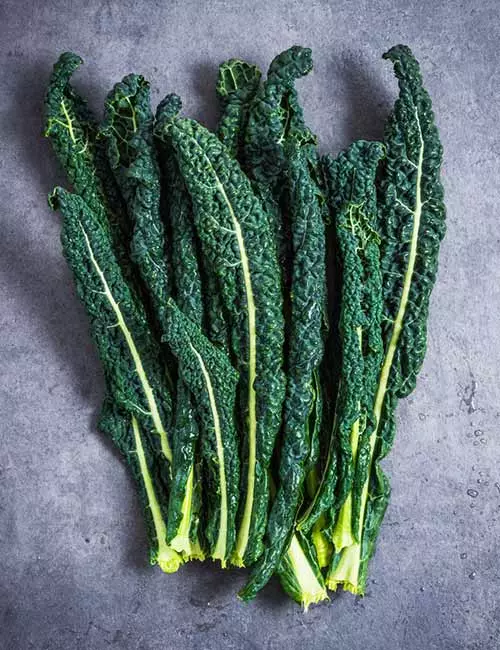
Dark leafy greens like spinach, kale, arugula, lettuce, and chard are great sources of calcium, antioxidants, and vitamins C and K (3). Consuming at least three different types of dark leafy greens every day can help you get stronger bones and strengthen your immunity.
How Much To Consume
Consume 3 cups of three different dark leafy greens per day.
4. Cheese
Cheese is made from milk and is hence a great source of calcium. It is also a great source of vitamin A, vitamin B12, zinc, and phosphorus (4). By consuming cheese on a regular basis, you will not only add flavor and taste to your food but also protect your bones from becoming brittle. If you are lactose intolerant, you can consume cheddar cheese that contains negligible or no lactose at all.
How Much To Consume
Consume about ½ -1 ounce of cheese per day.
5. Fish

Fish like sardines, tuna, catfish, halibut, mackerel, herring, trout, cod and salmon are healthy vitamin D-rich foods. vitamin D. Vitamin D helps promote bone mineralizationi The addition of minerals to the bone to make it stronger and avoid fractures due to mineral imbalance. . And without vitamin D, your bones will not be able to absorb calcium (5).
How Much To Consume
Consume 3 oz of fish per day. It is best to have it grilled or baked for lunch or dinner.
6. Eggs
Egg yolks are a great source of fat-soluble vitamins like vitamins D, A, E, and K. Vitamin D is essential for calcium to get absorbed and improve bone health. Make sure you consume whole eggs instead of just the whites.
How Much To Consume
Consume two whole eggs per day.
 Quick Tip
Quick Tip7. Fortified Cereals And Juices
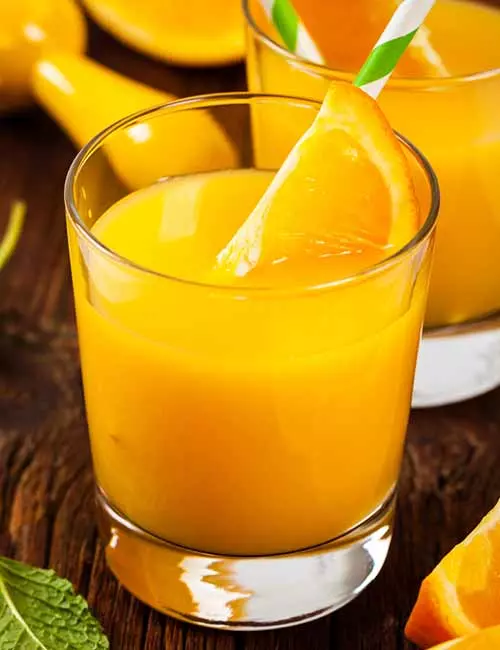
Calcium-fortified cereal bars, whole grains such as amaranth and oats, and juices are an excellent way to pump up your body’s calcium levels. You can buy calcium-fortified orange juice and have it with your breakfast. Or eat a fortified cereal bar before or after your workout or if you have missed your breakfast.
How Much To Consume
Consume 1-2 servings of fortified juice or cereal per day.
8. Almond Butter
Almond butter is a great source of protein and calcium (6). This vegan butter is low in cholesterol, tastes rich and good, and protects your heart. You can add almond butter to smoothies, breakfast bowls, and desserts.
How Much To Consume
Consume 1-2 tablespoons of almond butter per day.
9. Broccoli
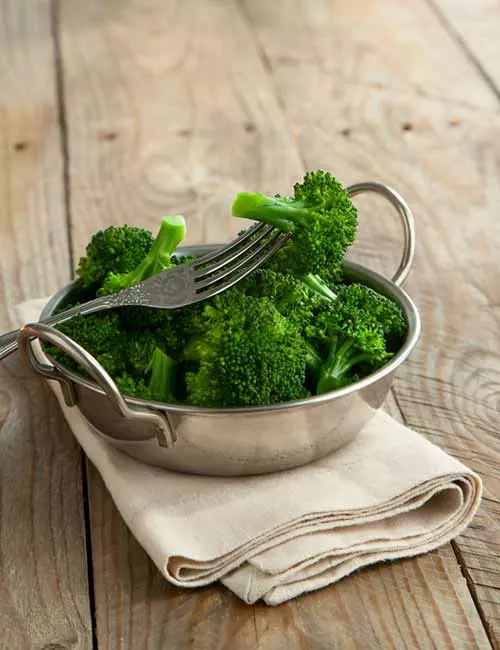
Broccoli is a cruciferous vegetable that is known for its many health benefits. It is loaded with calcium, vitamin C, potassium, phosphorus, folate, and vitamin K (7). Consuming broccoli on a daily basis can help you get strong bones and teeth. It also helps you lose weight and fight high blood pressure, cancer, and diabetes.
How Much To Consume
Consume 1 serving of broccoli per day.
10. Seeds
Seeds are the best sources of calcium (8). They are also rich in proteins, dietary fiber, healthy fats, phosphorus, iron, and potassium. You can consume flaxseeds, sunflower seeds, melon seeds, pumpkin seeds, and sesame seeds by adding them to your breakfast bowl, smoothies, salads, or egg and avocado toast.
How Much To Consume
Consume 1-2 tablespoons of seeds per day.
11. Nuts
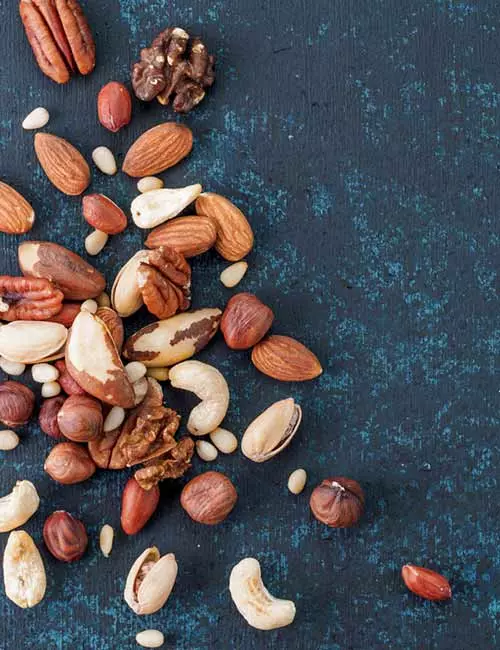
Nuts are loaded with healthy fats, omega-3 fatty acids, and protein. Scientists found that consuming mixed nuts every day could help improve your overall health as well as bone health (9). You can eat nuts whole or crush them and add to smoothies, breakfasts, and salads.
How Much To Consume
Consume a handful of mixed nuts per day.
 Quick Tip
Quick Tip12. Beans
Beans are basically legumes. They are not only great sources of protein but are also rich in calcium, phosphorus, potassium, and omega-3 fatty acids. Scientists have confirmed that consuming legumes can help prevent bone loss (10). Consume bean sprouts, lentils, kidney beans, garbanzo beans, and cowpeas.
How Much To Consume
Have ½ -⅔ cup of beans per day.
From these foods, you may have a rough idea of the nutrients required for healthy and strong bones and muscles. However, here is a detailed section regarding the essential nutrients.
Key Takeaways
- Milk, yogurt, cheese, and nuts may help improve bone strength.
- Alcohol, salty foods, and caffeine may harm your bones.
- Almond butter and nuts may help strengthen bones as they have protein and calcium.
- Eat bean sprouts, lentils, and cowpeas to prevent bone loss.
Key Nutrients For Bone And Muscle Health
For Bone Health
(11):
Vitamin D: Helps the body absorb calcium, which is crucial for maintaining bone strength.
Calcium: Builds and maintains strong bones. It is essential for bone structure.
Magnesium: Supports bone formation and helps regulate calcium levels in the bones.
Silicon: Aids in bone mineralization, contributing to stronger bones.
Vitamin K: Essential for bone metabolism and helps keep bones strong by supporting bone density.
Boron: Helps maintain bone health by improving the retention of calcium and magnesium.
Vitamin C: Important for collagen formation, which is vital for bone structure and healing.
L-arginine: Supports blood flow to the bones and is involved in healing processes.
Inositol: May help improve calcium uptake in the bones.
For Muscle Health (12):
Protein: Supports muscle protein synthesis, which is crucial for maintaining and building muscle mass.
Amino Acids (especially Leucine): Play a significant role in stimulating muscle protein synthesis and are important for muscle recovery.
Vitamin D: Benefits muscle strength by supporting muscle function and health.
Omega-3 Fatty Acids: Improve muscle mass and strength by aiding cell signaling and reducing inflammation-related oxidative damage.
Antioxidants (like Vitamins C and E): Protect muscle tissue from oxidative damage, which can help maintain muscle integrity.
Magnesium: Involved in muscle contraction processes, contributing to overall muscle strength.
Alkalizing Compounds (like Bicarbonates): Can promote muscle strength by countering muscle protein breakdown.
Probiotics And Plant Extracts: Although research is limited, they have generated interest for their potential benefits on muscle health.
These nutrients, along with regular exercise, play a vital role in keeping bones and muscles healthy as we age.
These are the essential nutrients to prevent bone loss and build strong bones. But there are certain foods that you should steer clear of so that the bone strengthening foods give you quick results. Take a look at the list of foods you must avoid.
Foods To Avoid

Avoid the following to build strong bones:
- Very Low-Calorie Diets
Very Low-Calorie Diets (VLCD) allow the dieters to consume about 500 calories, which means you will lose out on a significant amount of nutrients. If you continue being on a VLCD for several days, your bones and muscles will become weak. Avoid VLCD when you can lose weight by consuming healthy foods in adequate amounts and exercising.
- Salty Foods
Osteopenia is a condition marked by reduced bone mineral density and can develop into osteoporosis if not managed properly. Avoid salty foods, such as fries, chips, fried chicken, salami, and sausage, if you suffer from osteoporosisi The inability to form new bone cells to replace old ones causes bones to become weak and prone to fractures. . Scientists found that high amounts of salt negatively impacted bone health, irrespective of calcium supplementation (13). Moreover, you may follow an osteopenia diet to prevent osteoporosis.
- Alcohol
Consuming alcohol in excess can lead to lower bone mineral density. Several studies prove that heavy drinkers are at higher risk of being osteoporotic than light drinkers or those who don’t drink at all (14), (15).
- Caffeine
Caffeine is typically found in teas, coffees, and a few energy drinks. Consuming too much caffeine per day can deteriorate the health of your bones and make them prone to fractures (16).
- Soft Drinks
Soft drinks are not good for you in any way. And here’s another proof! Scientists found that colas or soft drinks could cause renal damage, which, in turn, could damage your bones (17).
Infographic: 6 Bone-Strengthening Foods To Add To Your Diet
Women usually tend to lose bone density after their 30s, resulting in brittle bones that are susceptible to fracture. Including foods rich in calcium and vitamin D in your diet can help prevent this problem. In the infographic below, we have listed the top 6 foods that may help maintain your bone health. Check it out.

Illustration: StyleCraze Design Team
Foods for healthy bones consist of foods rich in calcium and vitamin D that promote bone health and function. These foods include lean meats, dairy products like milk, yogurt, dark leafy greens, eggs, cheese, fish, almond butter, fortified cereals and juices, and beans. A few other foods such as tofu, quinoa, sweet potatoes, mushrooms and tomatoes are also rich in nutrients like vitamin A, D, and calcium. Adding calcium, vitamin D, and foods high in phosphorus to your diet regularly will help promote bone health. In addition, you should avoid low-calorie diets, alcohol, salty foods, caffeine, and soft drinks – as these foods negatively impact bone health.
Frequently Asked Questions
What lifestyle changes can support bone health?
To support bone health, eat a balanced diet rich in calcium and vitamin D. Engage in regular weight-bearing exercises and maintain a healthy weight. Avoid smoking and limit alcohol and caffeine consumption to protect your bones.
How much calcium do I need daily?
Daily calcium needs vary by age and gender: adults aged 19-50 need 1,000 mg, while women over 51 and men over 71 require 1,200 mg. Children aged 9-18 should aim for 1,300 mg per day (18). It is best to consult a healthcare provider for personalized recommendations.
Which fruit is best for bones?
Fruits rich in potassium, magnesium, vitamin K and vitamin C such as papaya, berries, oranges, pomegranate, dates, figs, kiwi, and grapefruit are good for bone health.
Is banana good for bones?
Yes, bananas are good for bones as they contain potassium, magnesium and some amounts of vitamin C and B vitamins, which contribute to bone health.
Is cashew good for bones?
Yes, cashews are good for bones as they contain magnesium and manganese, two minerals that help in bone density and osteoporosis prevention.
Unlock the secrets to achieving healthy and strong bones with these simple and effective diet tips featured in this video. Check it out!
Personal Experience: Source
StyleCraze's articles are interwoven with authentic personal narratives that provide depth and resonance to our content. Below are the sources of the personal accounts referenced in this article.
i. Women & Bone Health: Why I Take Calciumhttps://runnowwinelaterdotnet.wordpress.com/2013/07/26/women-bone-health-why-i-take-calcium/
References
Articles on StyleCraze are backed by verified information from peer-reviewed and academic research papers, reputed organizations, research institutions, and medical associations to ensure accuracy and relevance. Read our editorial policy to learn more.
- Osteoporosis Facts & Statistics
https://www.osteoporosis.foundation/facts-statistics - Food for healthy bones
https://www.nhs.uk/live-well/bone-health/food-for-strong-bones/ - The use of calcium and vitamin D in the management of osteoporosis
https://pmc.ncbi.nlm.nih.gov/articles/PMC2621390/ - Cheese
https://www.healthyeating.org/nutrition-topics/milk-dairy/dairy-foods/cheese - Vitamin D and bone health
https://pubmed.ncbi.nlm.nih.gov/8642450/ - Almond butter, creamy
https://fdc.nal.usda.gov/food-details/2262074/nutrients - Broccoli, raw
https://fdc.nal.usda.gov/food-details/747447/nutrients - Seeds, sunflower seed, kernel, raw
https://fdc.nal.usda.gov/food-details/2515381/nutrients - Nutritional strategies for skeletal and cardiovascular health: hard bones, soft arteries, rather than vice versa
https://pmc.ncbi.nlm.nih.gov/articles/PMC4809188/ - Effect of dietary legumes on bone-specific gene expression in ovariectomized rats
https://pmc.ncbi.nlm.nih.gov/articles/PMC3679327/ - Essential Nutrients for Bone Health and a Review of their Availability in the Average North American Diet
https://pmc.ncbi.nlm.nih.gov/articles/PMC3330619/ - Nutritional strategies for maintaining muscle mass and strength from middle age to later life: A narrative review
https://pubmed.ncbi.nlm.nih.gov/31883664/ - Sodium and bone health: impact of moderately high and low salt intakes on calcium metabolism in postmenopausal women
https://pubmed.ncbi.nlm.nih.gov/18410231/ - Relationship between bone mineral density and alcohol intake: A nationwide health survey analysis of postmenopausal women
https://pmc.ncbi.nlm.nih.gov/articles/PMC5491129/ - Association Between Alcohol Consumption and Both Osteoporotic Fracture and Bone Density
https://pmc.ncbi.nlm.nih.gov/articles/PMC2692368/ - Caffeine and bone loss in healthy postmenopausal women
https://www.ncbi.nlm.nih.gov/pmc/articles/PMC6943436/ - Evaluation of the effect of cola drinks on bone mineral density and associated factors
https://pubmed.ncbi.nlm.nih.gov/17448120/ - Calcium
https://ods.od.nih.gov/factsheets/Calcium-HealthProfessional/
Read full bio of Dr. Jill Carnahan
Read full bio of Ravi Teja Tadimalla
Read full bio of Sindhu Koganti







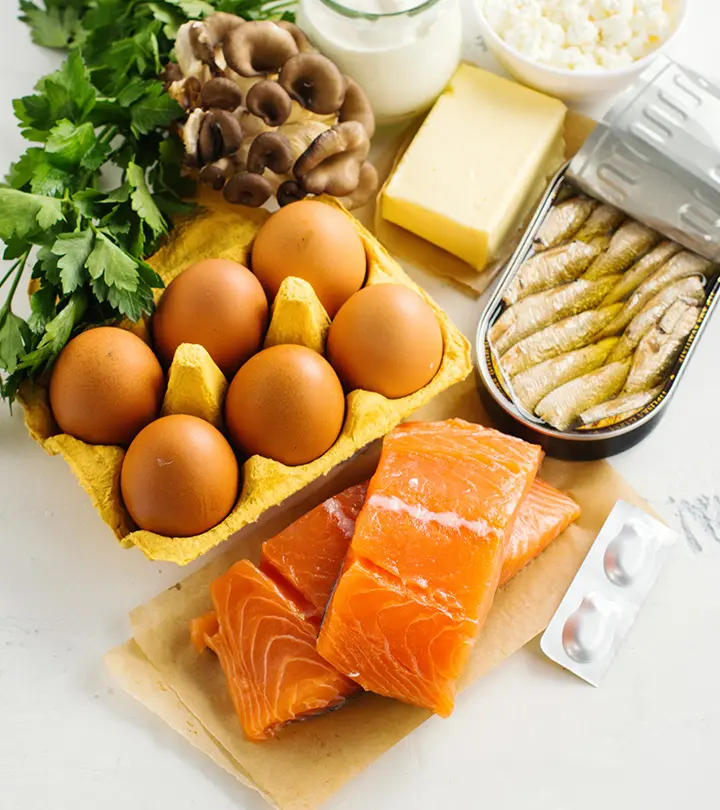



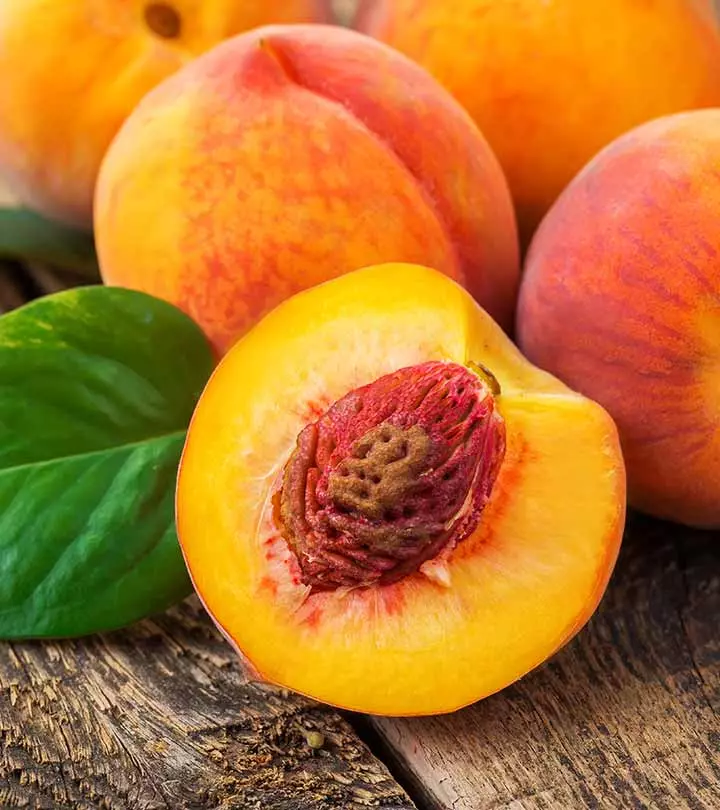

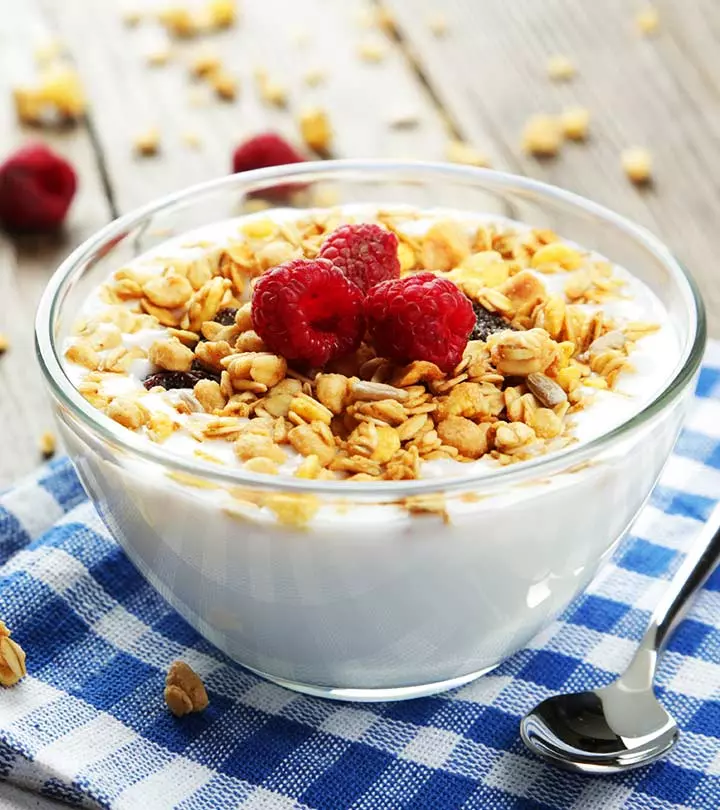
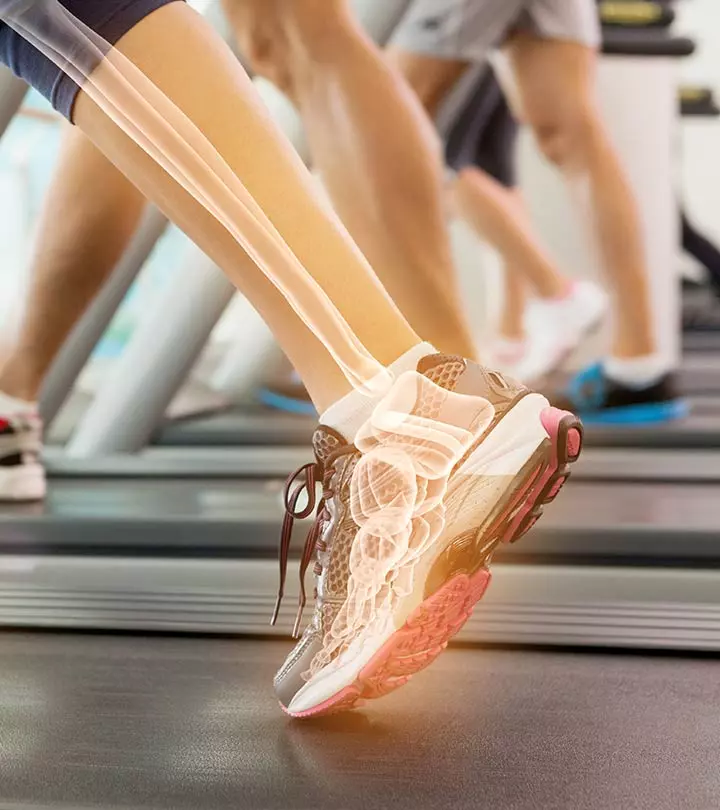


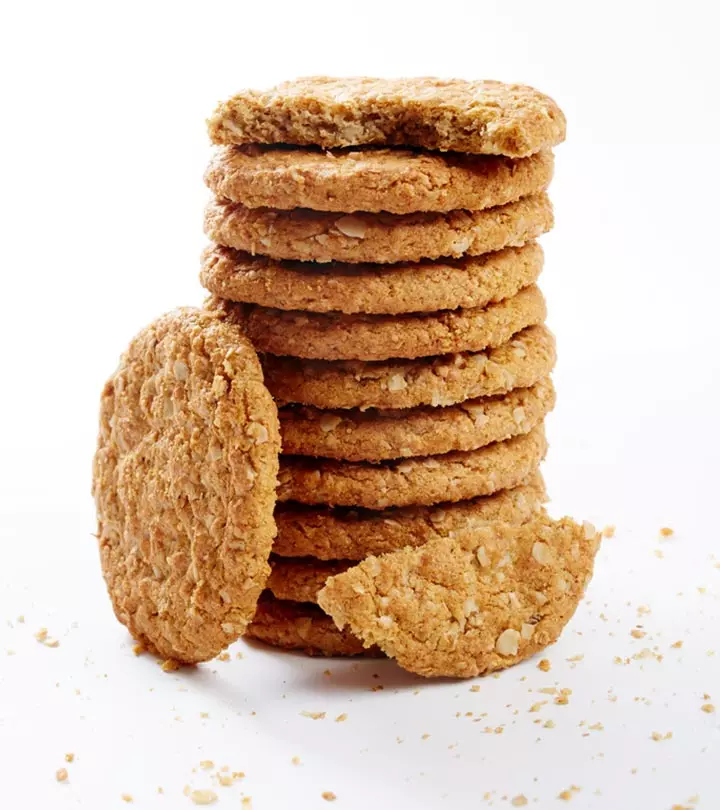


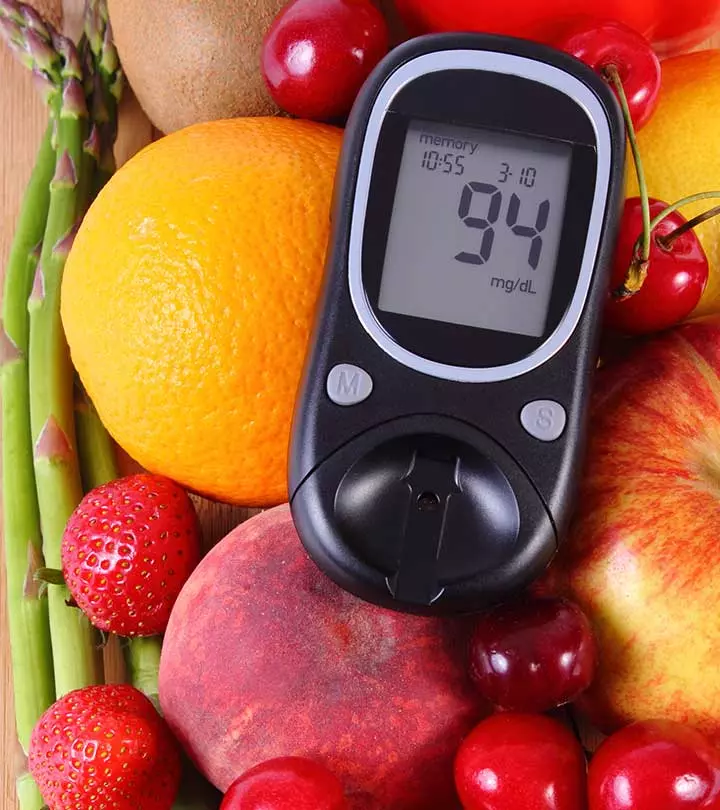
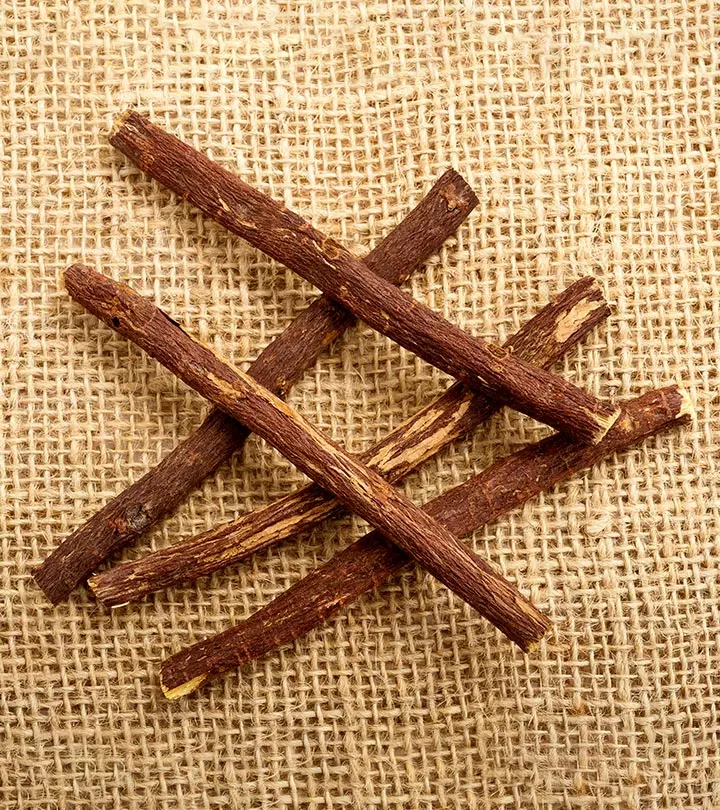
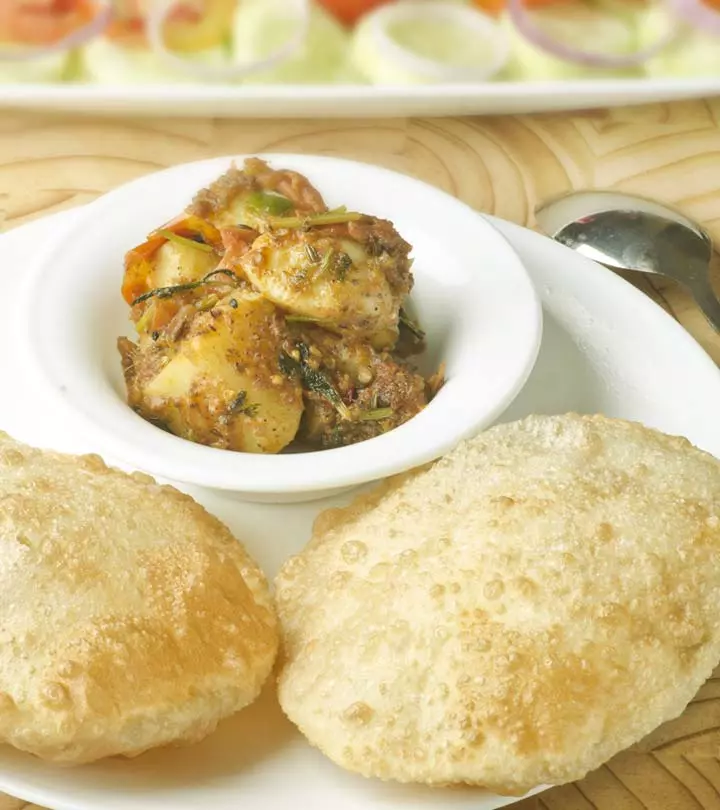

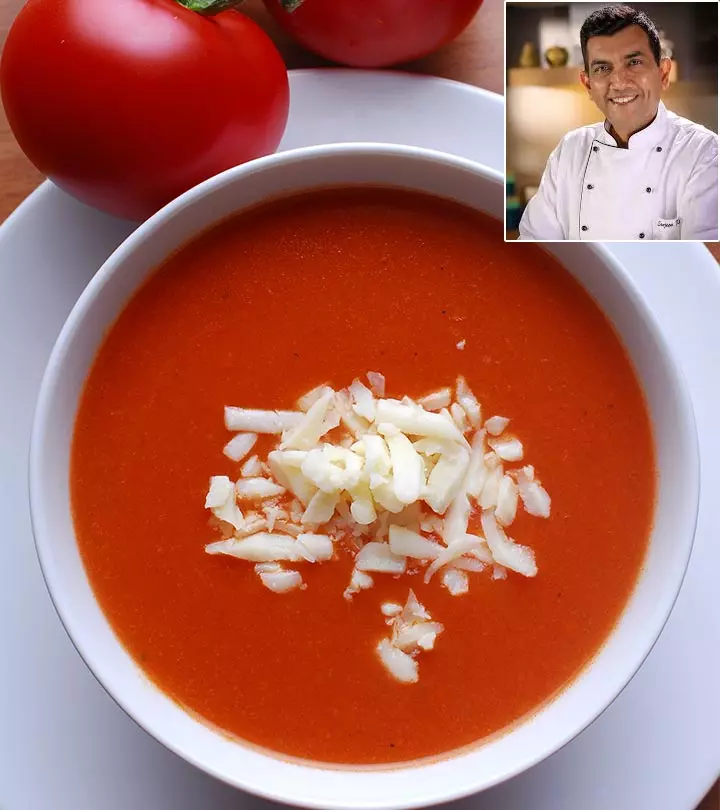
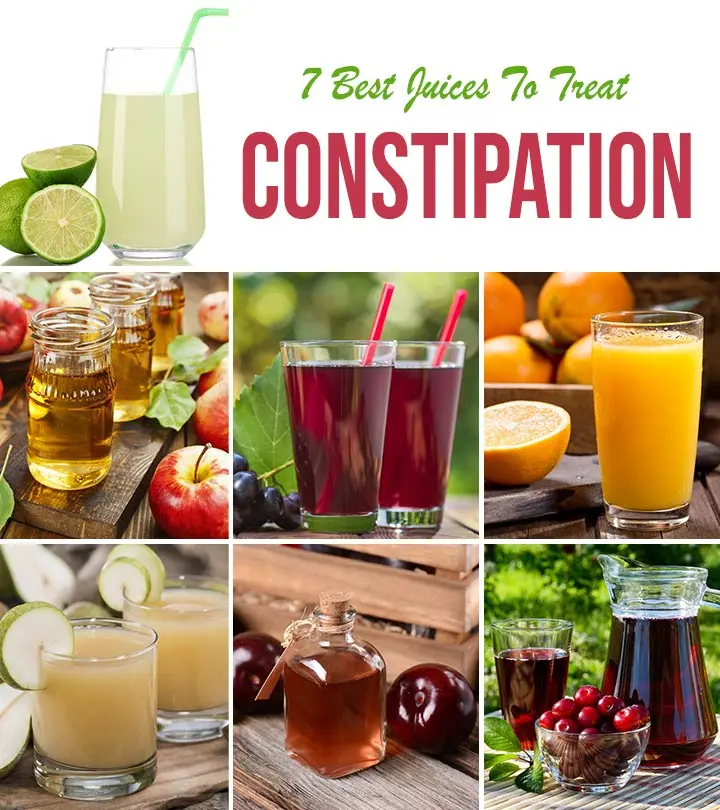
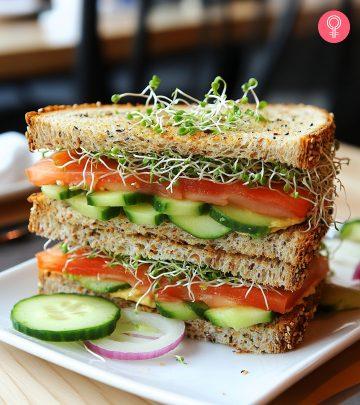
Community Experiences
Join the conversation and become a part of our empowering community! Share your stories, experiences, and insights to connect with other beauty, lifestyle, and health enthusiasts.